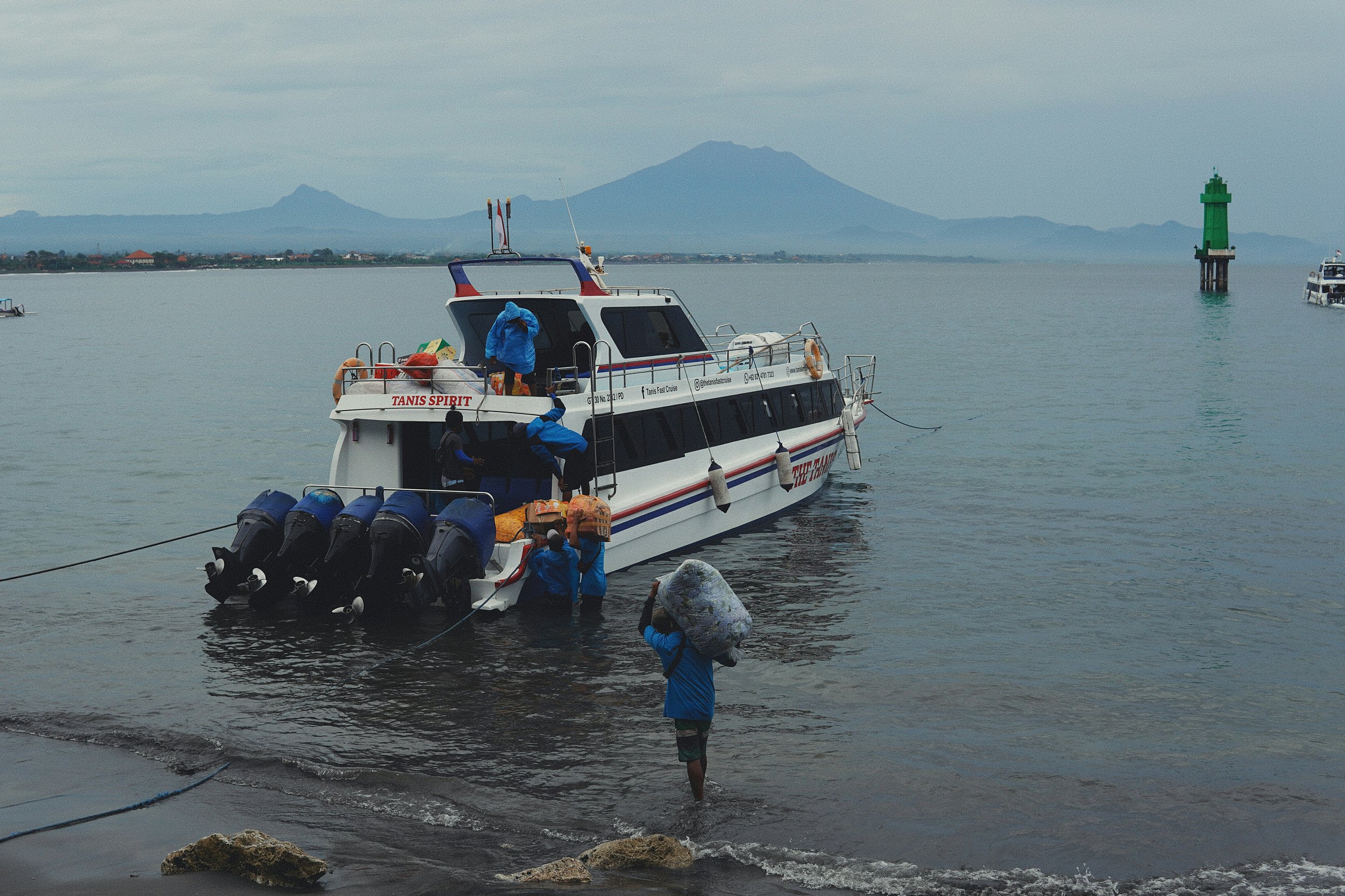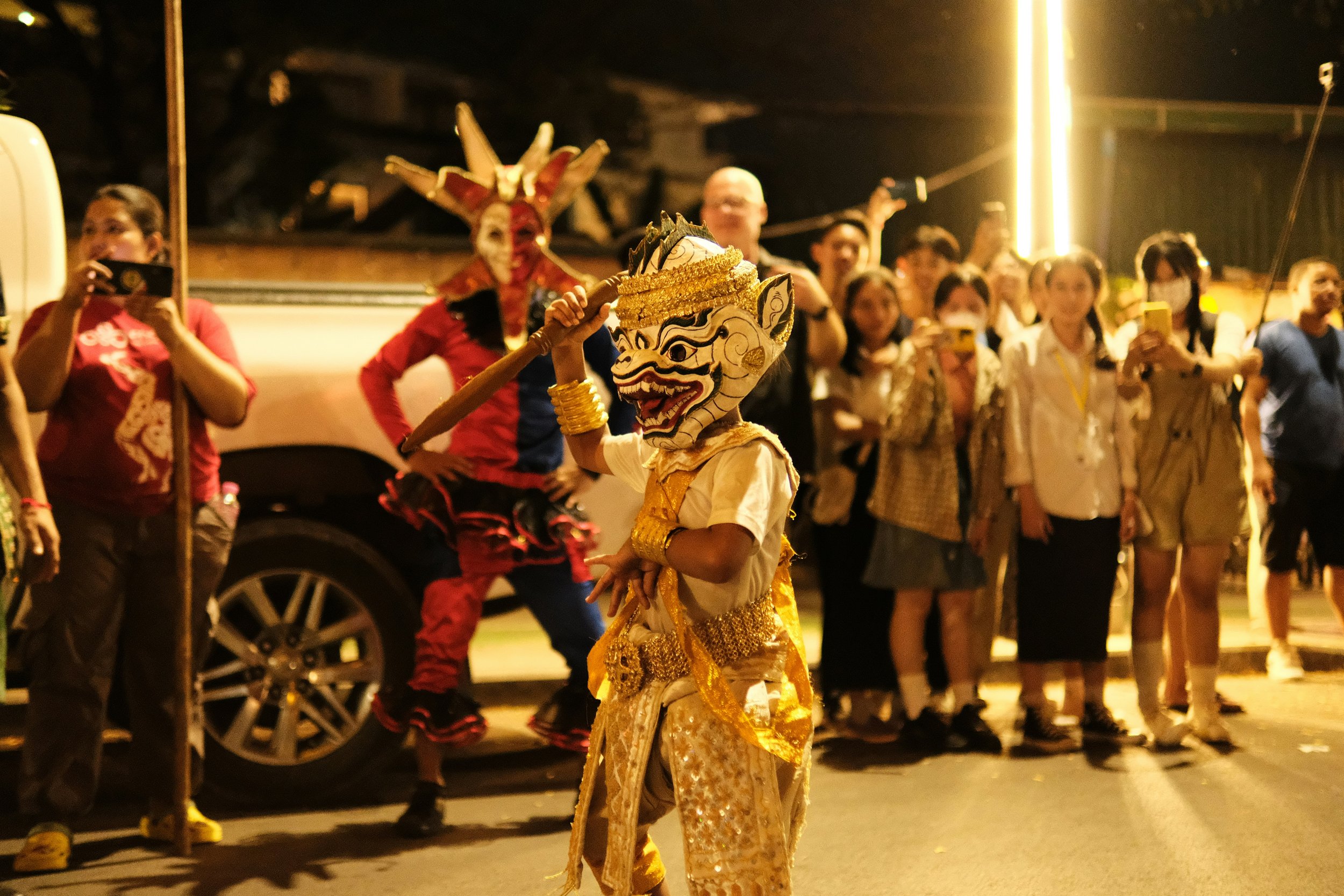Investing in Indonesian Real Estate
From our very first date, we discussed living an unconventional life. A white picket fence in the suburbs with 2.4 kids and a dog would never be for us.
We played around with the FIRE (Financial Independence, Retire Early) plan, but the sacrifice required for the length of time seemed too much for us.
Next on the plan was being digital nomads. The plan was to spend several years in Southeast Asia, then several in Europe, and then move on to Latin America.
This plan motivated us to save and get our finances in order. We spent several years saving to ensure we had a safety net. While travelling, income was also necessary, so I became a freelancer.
In March 2022, we booked our one-way tickets to Thailand. We spent the next 18 months visiting Thailand, Malaysia, the Philippines, Laos, Vietnam, Hawaii and Indonesia. It was a dream come true.
But it was also a slog. Trying to work while deciding where you will live next week is emotionally draining. Living out of a backpack is great because you cut down on the stuff you own, but it’s also tiring and tedious to wear the same clothes all the time.
Then, in late 2023, friends came to Asia, and we flew to meet them in Bali. Our little two-week holiday with them included a stop in the idyllic village of Selong Belanak on Lombok. We quickly fell in love with the place.
The following eight months were all about working out how to get back to southern Lombok in a more permanent capacity. In June, we booked one-way tickets to Lombok, knowing that we were done with moving constantly and looking for more stability.
So here’s what we’re looking for in Lombok, what we’ve found investing in real estate and what we’d do differently next time.
A Place to Call Our Own
Part of what we wanted was just a place of our own—a place we could buy trinkets and decorate, a place where we could store beautiful clothes that we only needed for special occasions, a place to return to after an epic adventure.
We still wanted to go out, travel, and explore, but we were craving a home base to return to after all that rather than just another apartment in a giant block somewhere in an Asian city, which is what we had been doing.
(Passive) Income for Digital Nomads
I’m a little loathe to talk about anything being passive income. Most things that claim to be passive require considerable work up front to reach that point.
I prefer the term leveraged income.
By investing in a property, we can rent it out and earn an income when we want to go on a weekend (or month-long) adventure somewhere. This isn’t something you can do when you’re just bouncing from one apartment/hotel/Airbnb to the next.
There’s still work involved for us (although we could technically outsource this if we wanted), so it’s not purely passive, but it is another income stream.
Geographic Arbitrage in Real Estate
Our money goes much further in Indonesia than in a Western country.
For example, we own an apartment back in New Zealand. It has a large mortgage which, if we’d stayed, we may have paid off by the time we retire.
In Indonesia, we have a ten-year lease on a two-bedroom villa, with a swimming pool, for a quarter of the *deposit* on our Auckland apartment. Our money goes a lot further here.
Leasing versus Buying Property in Indonesia
We’ve been discussing and educating ourselves on this topic as much as possible. It’s a sensitive and complex one.
Many foreigners come to places like Bali Indonesia, and purchase land. Locals are happy with the sale to make some money and then do things like send their kids to higher education.
But what happens in the future when most of the land is owned by foreigners? How do the Indonesians look after future generations if their land is gone? And are the foreigners focused on short-term profits or the future of these beautiful islands?
This is a tricky subject, and there’s no single correct answer. We’ve decided to hold leases so that the property will eventually return to Indonesian hands.
Location, Location, Location
The classic real estate line rings true. Picking where you want to be based is crucial. This gets even tougher when looking out across the whole world, rather than just your home town or major city.
Some questions to ask yourself:
What’s the price of land, construction or property in the country you’re considering?
What area in that country do you want to be based? For us, we discussed both Bali and Lombok, neighbouring islands that very different from each other.
How easy is it to access from other places you have commitments (family, businesses, school, friends)?
What are the market conditions to consider? Getting up to speed on a new region and country can take some time. It’s important to understand the stability, wider region and politics of where you’re investing.
How developed is the location? If you’re coming from a developed country or a large city, little things you’ve come to expect may not exist here yet.
How important is a view? Are amenities nearby more important? Being close to a beach or having ocean views is a drawcard for many investors.
What property types are available in the location you want? Are their apartment, local-style housing, villas or resorts? How many bedrooms do you need?
Connection to Home
New Zealand is not an easy place to get to in a hurry from many places in the world. If we were looking to travel back home from a country in Central America, it would likely require multiple connecting flights and transit through the USA.
However, travelling out of Indonesia to get back home is relatively easy. We have a few different ways that we can get from here to back home if we want to. This is even easier for those flying out of major cities like Jakarta.
I see why places like Central America are so appealing to those from the USA and Canada. Investing somewhere that doesn’t feel like the ends of the earth can give a sense of being connected back to home, wherever that is.
Diversification of Investment
We’ve always wanted to diversify our investments and our income streams. We have accounts that are heavily invested in stock markets. Investing in property in Indonesia gives us access to the real estate market and to a different country.
Then we’ve also got the diversification of income streams. This house is not going to replace our actual incomes, but when we go away, there is money coming into our account that we don’t have trade hours working for.
Legal Details
This is a tough one, and we’re not experts, so this is not legal advice. However, understanding the local system and customs has to be a part of your process. Generally, when investing abroad, you’ll find that things are done very differently back home.
You are responsible for understanding what you can and can’t do as foreign investors. You need to learn the licences, taxes, and fees you are responsible for.
Our biggest advice here is to ask a lot of questions and speak to a lot of people. Don’t assume anything. Double-check any responses you get from multiple sources. Just because someone did something one way doesn’t mean it’s legal or possible.
Final Note
We’re very thankful for the opportunity to invest in Indonesian real estate. It’s allowed us to find somewhere to call “home” and diversify our income streams. I hope this introductory guide has helped give you a few things to consider when investing.
If you have any further questions, please reach out or comment below.






